JEDI Committee
Sidebar
Justice, Equity, Diversity, Inclusion (JEDI) Committee
SD CFAR is committed to fostering a culture of inclusive excellence. We have a longstanding history of actively incorporating justice, equity, diversity and inclusion (JEDI) principles and practices in our approach to leadership, training, and research. To solidify these efforts, in 2021 we established our JEDI Committee to advise and implement JEDI principles and practices throughout our Center.
We are currently curating programmatic offerings to meet the needs of our members and foster community, such as affinity groups (Women in HIV Research and LGBTQIA+ in HIV Research), Compassionate Action Circles, facilitating networking opportunities, and hosting workshops on topics such as career development. Additionally, the Committee works in partnership with the Operations Team to vet all Center leadership and training opportunities through a JEDI lens to ensure we are facilitating and maintaining an environment that is inclusive, equitable and welcoming.
Click here to watch the SD CFAR JEDI Committee Intro Video!
Language Matters
In an effort to specifically fight HIV stigma and generally promote greater respect for all, we strongly recommend the use of person-centered or person-first language. This means choosing words and phrases where people come first: a person living with HIV versus an HIV-infected person; persons who are unhoused versus homeless people. Person-first language communicates respect for the dignity, worth, and autonomy of every individual.
Please refer to this article on why language matters, which includes an up-to-date (September 2022) comparison and glossary of poor wording and preferred, person-centered language. If you find better or more current glossaries, please share them through our feedback form.
Women in HIV Research Affinity Group
The SD CFAR JEDI Committee has established a Women in HIV Research Affinity Group to provide a space to build connections, form a network of mutually supportive contacts, and offer professional development opportunities. Click here to learn more and to join us!
Upcoming Events
Check Back Soon!
JEDI Feedback
Please provide any feedback you wish to share with SD CFAR on topics related to justice, equity, diversity, and/or inclusion. We invite you to share information to help foster a culture of inclusive excellence within SD CFAR. These include suggestions, resources, educational opportunities, and other ideas to help our Center expand our work in this area.
This is also a space for you to share challenges, barriers, or situations you wish to bring to our attention so we can take action for improvement.
Resources
Learn more about
- UC San Diego Research Affairs Equity, Diversity and Inclusion (EDI)
- Visit UC San Diego’s Multicultural Calendar webpage to learn about heritage months and other events.
- Read about the university’s Principles of Community.
- University of California diversity resources and events.
- Anti-racist resources from our librarians: https://library.ucsd.edu/news-events/anti-racist-resources-from-our-librarians/ and https://ucsd.libguides.com/antiracism
- Bias against Asian Americans: https://www.youtube.com/watch?v=DWynJkN5HbQ
- Free, non-UC interactive harassment prevention and bystander intervention trainings.
- Book lists on best books for diversity in the workplace: https://teambuilding.com/blog/diversity-inclusion-books
Implicit Bias Resources:
- Project Implicit IAT – Harvard Implicit Bias Tests
- Book on Implicit Bias: Blind Spot (A. Greenwald and M.R. Banaji)
- Implicit Bias series: https://www.pbs.org/video/pov-implicit-bias-peanut-butter-jelly-and-racism/
- BruinX seven-part implicit bias video series: https://equity.ucla.edu/news-and-events/bruinx-releases-seven-part-implicit-bias-video-series/
- UC Implicit Bias Resources: https://ucnet.universityofcalifornia.edu/working-at-uc/your-career/talent-management/implicit-bias-resources.html
- Managing Implicit Bias: Awareness: Quick Reference Guide: https://ucnet.universityofcalifornia.edu/working-at-uc/your-career/talent-management/_files/implicit-bias/Awareness_Quick_Reference_Guide.pdf
- Managing Implicit Bias: Mindfulness and Conscious Debiasing: Quick Reference Guide: https://ucnet.universityofcalifornia.edu/working-at-uc/your-career/talent-management/_files/implicit-bias/Mindfulness_and_Conscious_De-biasing_Quick_Reference_Guide.pdf
- The impact of multiculturalism versus color-blindness on racial bias: https://www.sciencedirect.com/science/article/abs/pii/S0022103103001574?via%3Dihub
Intersectionality and Bias Resources:
- Intersectionality and compounding bias: https://www.youtube.com/watch?v=3qhadch9oDo
- Article: https://www.ywboston.org/2017/03/what-is-intersectionality-and-what-does-it-have-to-do-with-me/
Who to Call? Resources
Resources on who to call when you or someone else is experiencing a behavioral health crisis and, for a variety of reasons, you may not want to call the police.
Local Resource 1) San Diego Access and Crisis Line @ +1 (888) 724-7240
This confidential and free-of-charge talk line is open 7 days a week, 24 hours a day, and monitored by Master's-level and Licensed Clinicians. The counselors average 16 years of clinical experience in a variety of backgrounds, including: emotionally disturbed youth, geriatric social services, nursing, in-home domestic violence intervention, case management, and drug and alcohol abuse. Language interpreter services enable the ACL to assist in 150 languages within seconds. This service can help callers navigate community resources in San Diego County and/or support accessing counseling services.<.p>
Local Resource 2) San Diego County hospitals specializing in Behavioral Health
If someone needs urgent mental health support they can go directly to anyone at one of these hospitals. These hospitals provide mental health support and also accept Medi-Cal insurance: Bayview Hospital, Grossmont Hospital, Palomar Hospital, Paradise Valley Hospital, Mesa Vista Hospital, University of San Diego Hospital
Local Resource 3) Psychiatric Emergency Response Team (PERT)
If someone is experiencing a behavioral health crisis, emergency assistance can be requested through San Diego County Psychiatric Emergency Response Team (PERT). This service sends out a Therapist into the community to assess if someone is a Danger to themselves (DTS) or a Danger to others (DTO). This service is partnered with the San Diego Police Department (SDPD) and can be reached by calling (619) 531-2065.
Resource 4) Trans Lifeline @ +1 (877) 565-8860
"Trans Lifeline provides trans peer support for our community that’s been divested from police since day one. We’re run by and for trans people."
Visit their website at https://translifeline.org/
Resource 5) Call BlackLine @ +1 (800) 604-5841
"BlackLine provides a space for peer support, counseling, witnessing and affirming the lived experiences to folxs who are most impacted by systematic oppression with an LGBTQ+ Black Femme Lens. Call BlackLine prioritizes BIPOC."
Visit their website at https://www.callblackline.com/
JEDI Committee Members
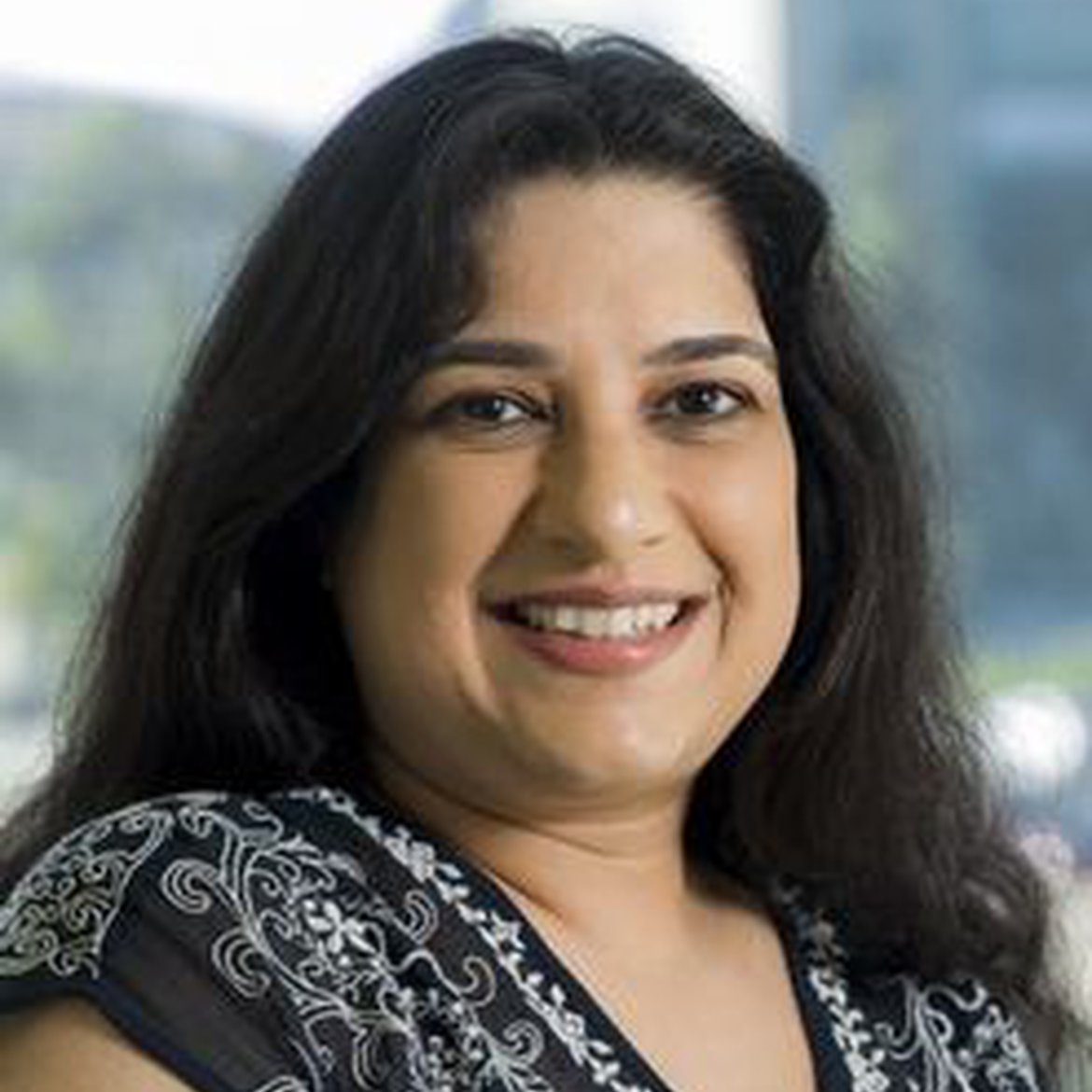
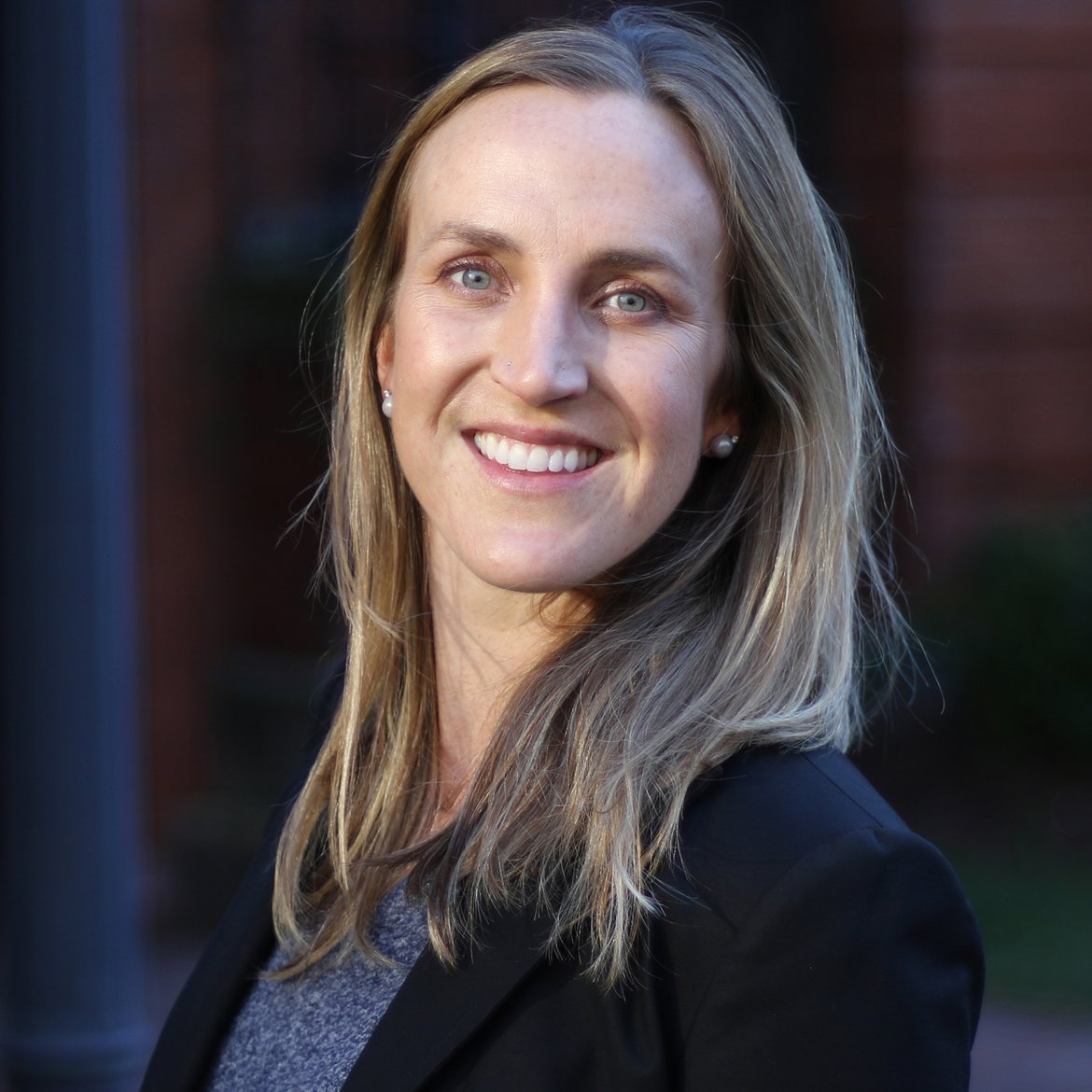
Associate Professor, UCSD HWSPH
Director, HWSPH Research Program on Mental
Health & Substance Use
Co-Director, UCSD/SDSU Joint Doctoral Program in Public Health (Global Health)

Member, Health Equity Sociobehavioral Science Core, Leadership Trainee
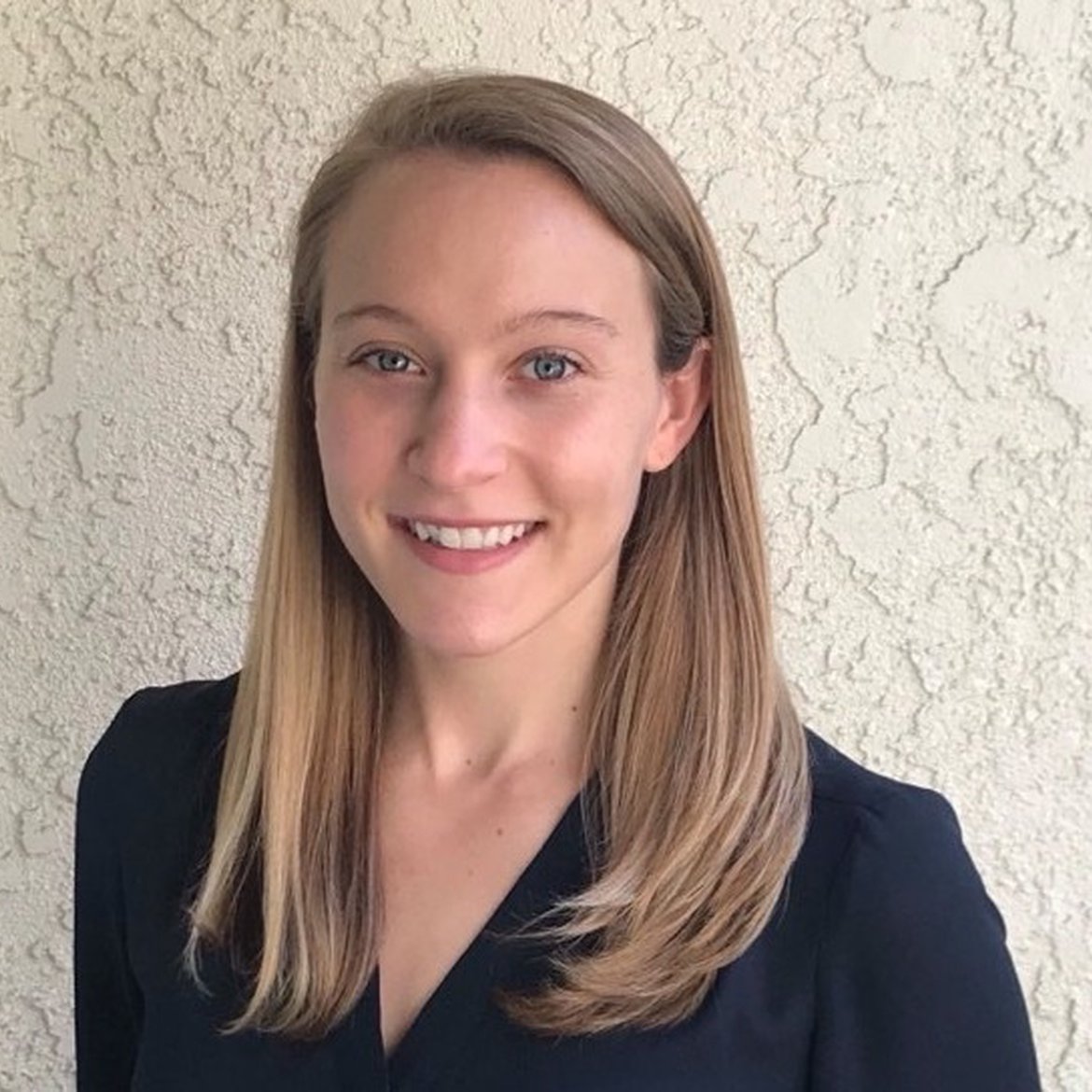
Member, Postdoctoral Fellow
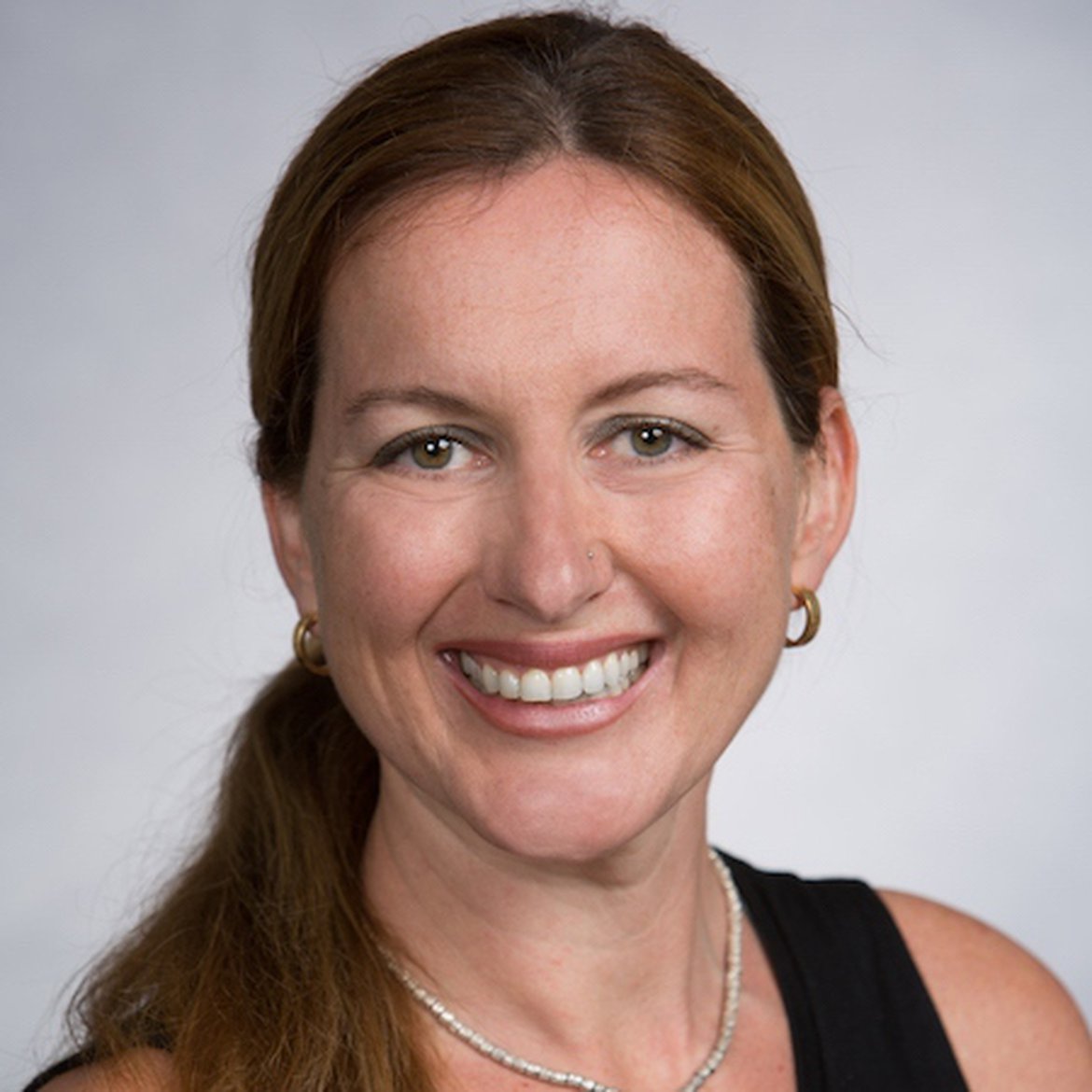

Natasha Martin, PhD, DPHIL
Member, Biostatistics and Modeling Core Core
Co-Director
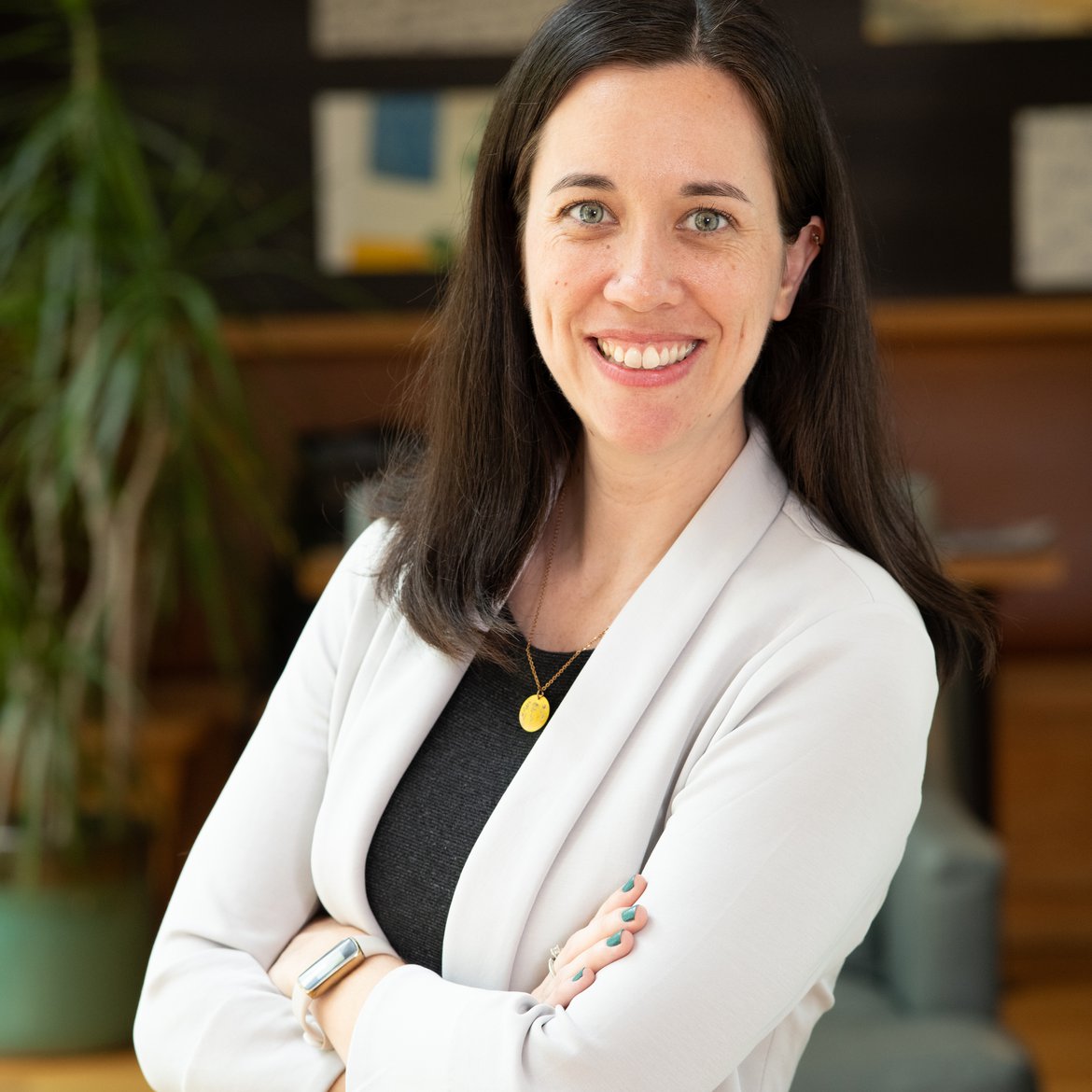
Member, Assistant Professor
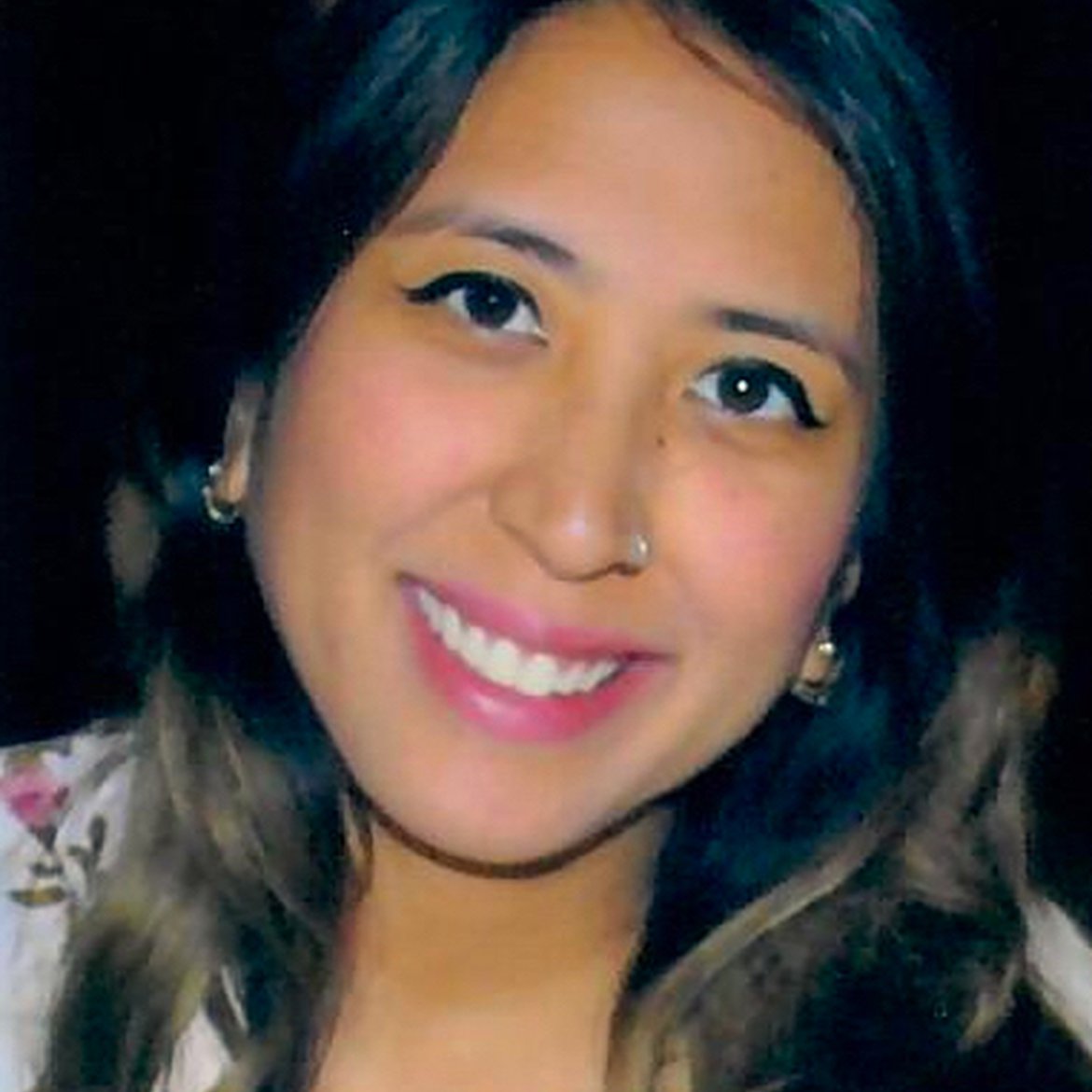
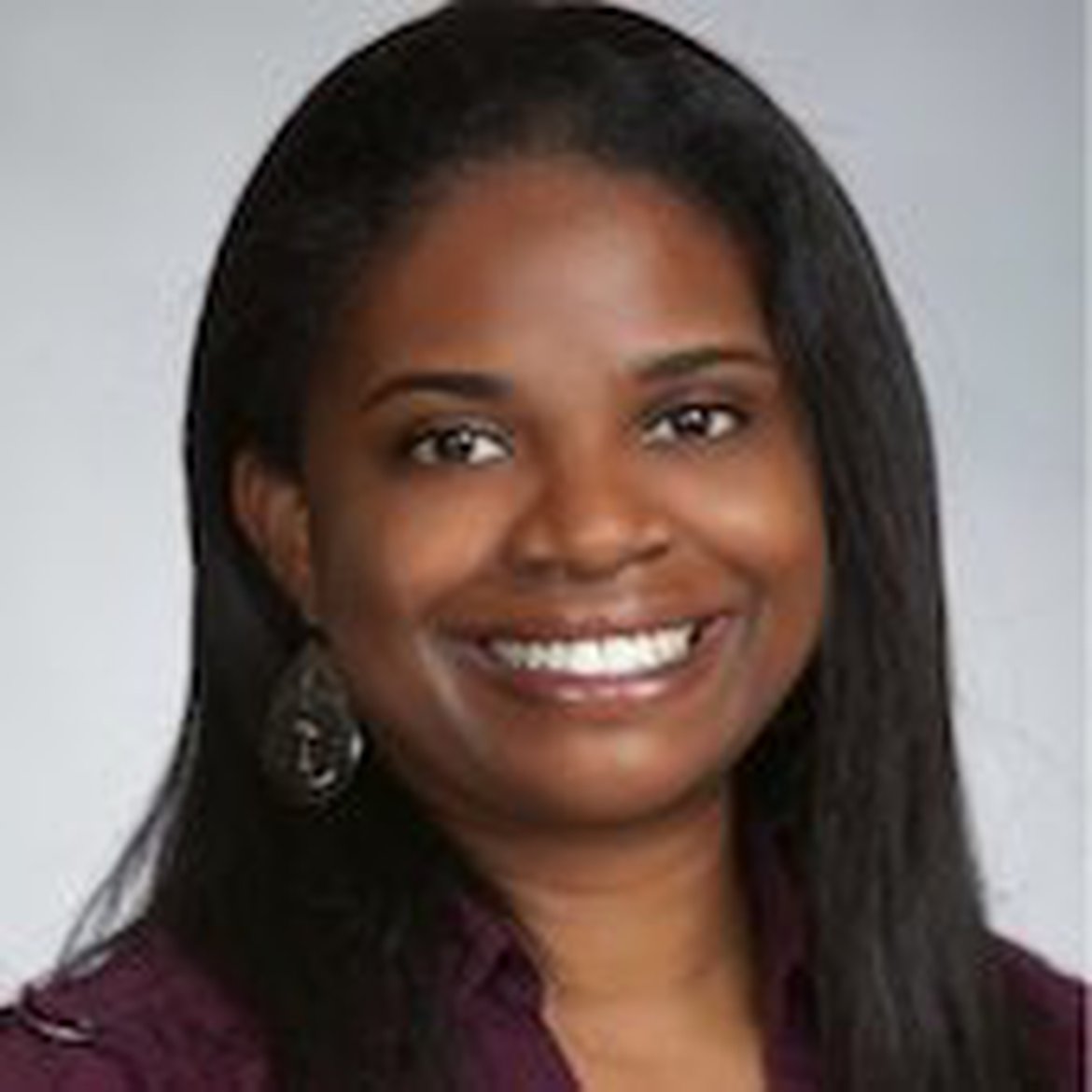
Jamila K. Stockman, PhD, MPH
Member, Health Equity Sociobehavioral Science Core Co-Director
Administrative Core Leadership Trainee
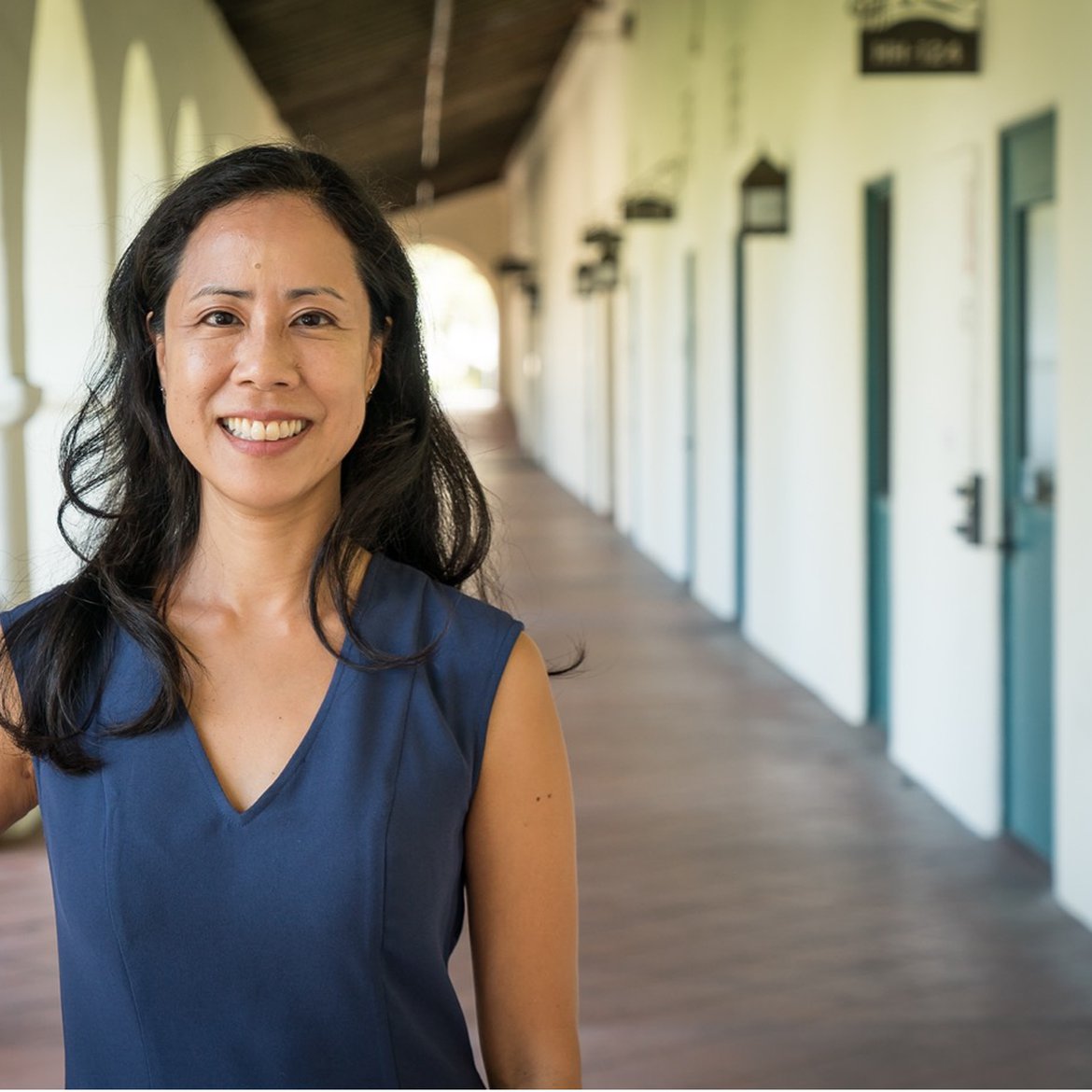
Member, Associate Professor & Graduate Social Work Program Director, SDSU
Associate Adjunct Professor of Global Public Health , UCSD
.png)
